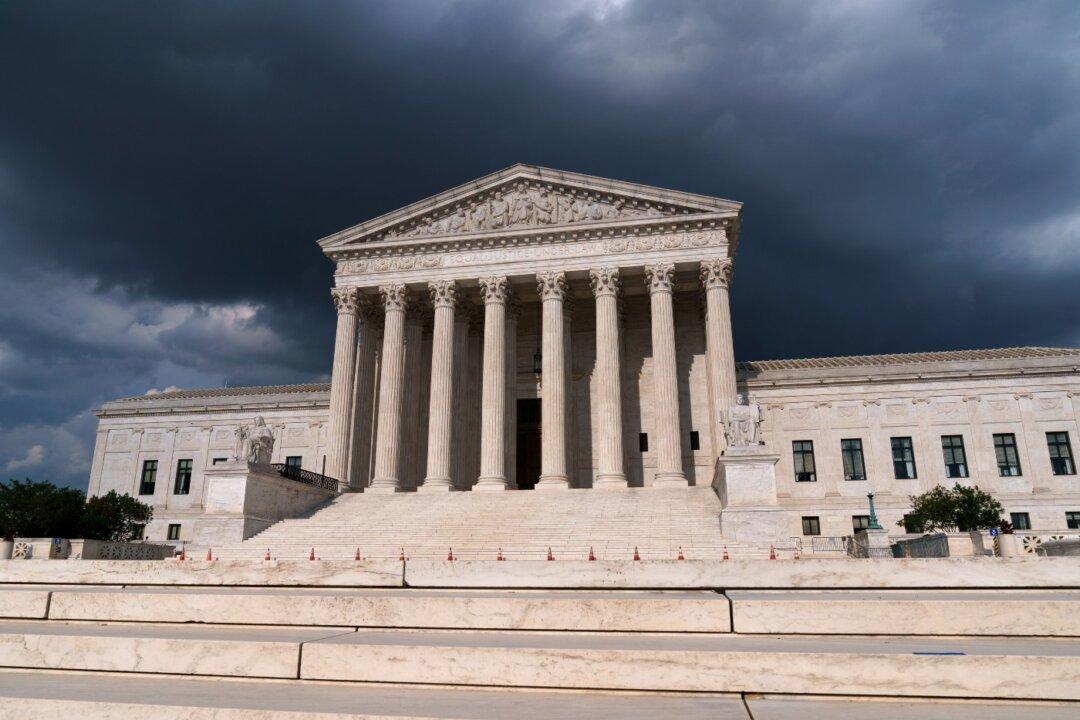The Supreme Court has agreed to hear a challenge to a Maine law that bans families from a student aid program if they choose to send their children to religious schools.
Parents in the Pine Tree State argue in their petition to the court that Maine’s prohibition against using taxpayer funds for sectarian schools violates the U.S. Constitution. They say that the Supreme Court’s decision last year in Espinoza v. Montana Department of Revenue held that a state may not exclude families and schools from participating in a student-aid program because of a school’s religious status.





